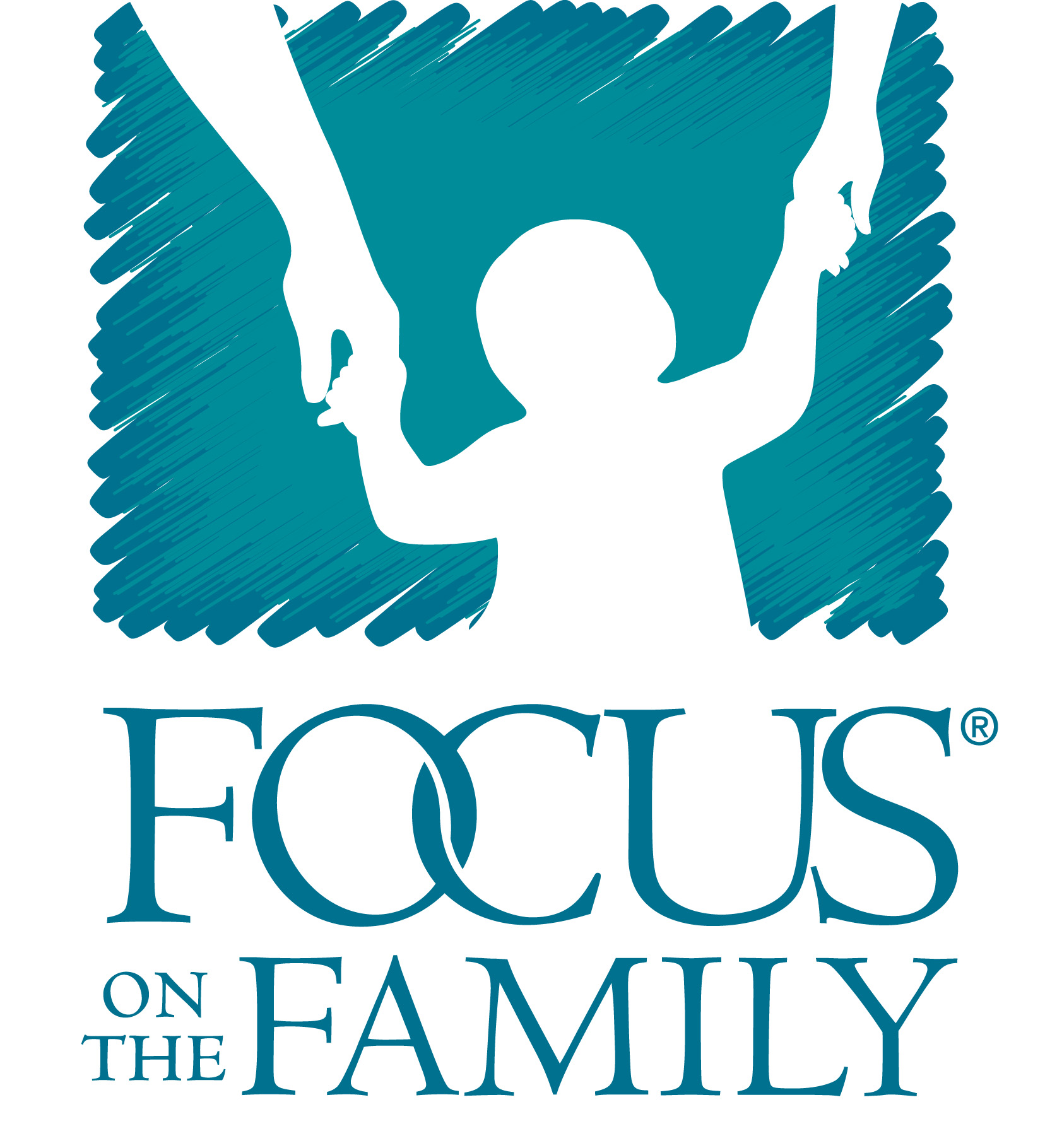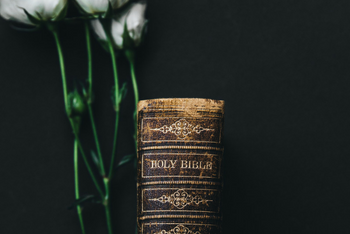I am one of millions of people worldwide who suffer from SAD (seasonal affective disorder), a type of depression common in places with limited sunlight due to short winter days. When I begin to fear winter’s frozen curse will never end, I’m eager for any evidence that longer days and warmer temperatures are coming.
The first signs of spring—flowers successfully braving their way through the lingering snow—also powerfully remind me of the way God’s hope can break through even our darkest seasons. The prophet Micah confessed this even while enduring a heart-rending “winter” as the Israelites turned away from God. As Micah assessed the bleak situation, he lamented that “not one upright person” seemed to remain (Micah 7:2).
Yet, even though the situation appeared dire, the prophet refused to give up hope. He trusted that God was at work (v. 7)—even if, amid the devastation, he couldn’t yet see the evidence.
In our dark and sometimes seemingly endless “winters,” when spring doesn’t appear to be breaking through, we face the same struggle as Micah. Will we give into despair? Or will we “watch in hope for the Lord”? (v. 7).
Our hope in God is never wasted (Romans 5:5). He is bringing a time with no more “winter”: a time with no more mourning or pain (Revelation 21:4). Until then, may we rest in Him, confessing, “My hope is in you” (Psalm 39:7).
Source: Our Daily Breat
 Focus on the Family
Focus on the Family  Baptist Bible Hour
Baptist Bible Hour